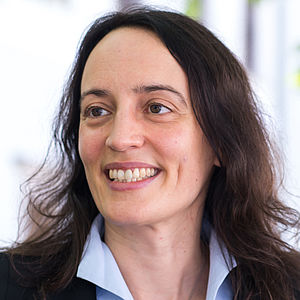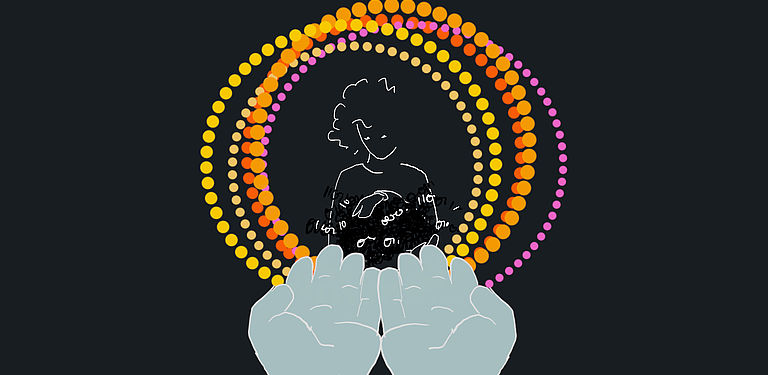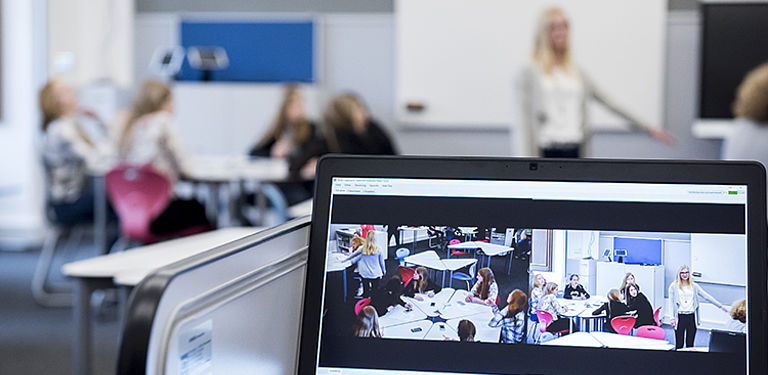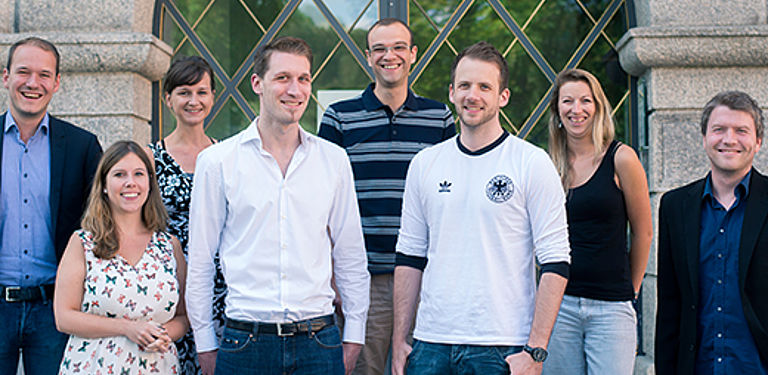'One of my research interests is public relations discourses. This includes the question how institutions construct digital communication spaces for the purposes of public relations. My particular interest here is to what extent linguistic and cultural practices of impression management are delineated, transformed and expanded. In this context, the question of universals and cultural idiosyncrasies of digital communication is raised.
What drives me is the current importance of this area of research and the opportunity to work across faculties with a highly motivated and dedicated team. Due to the different perspectives from which this area is tackled, we can look forward to exciting debates, new methodological approaches and innovative results.’
Related research
Professor Wawra was engaged in the DFG-funded Research Training Group 1681/2 ‘Privacy and Digitalization’, where she worked on the intersection of social media, digital communication and privacy.
More on Professor Wawra’s research and a list of her publications.











![[Translate to English:] [Translate to English:]](https://www.digital.uni-passau.de/fileadmin/_processed_/8/f/csm_AdobeStock_311119597_VoD22_2000px_42ce72fba5.jpg)

